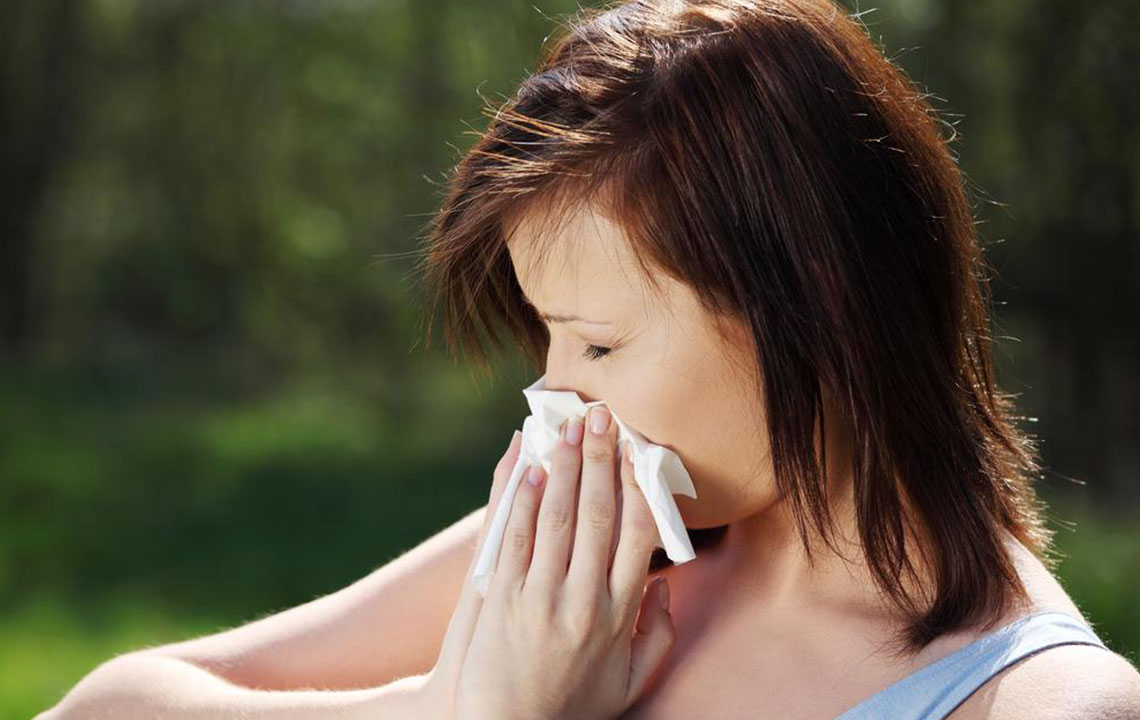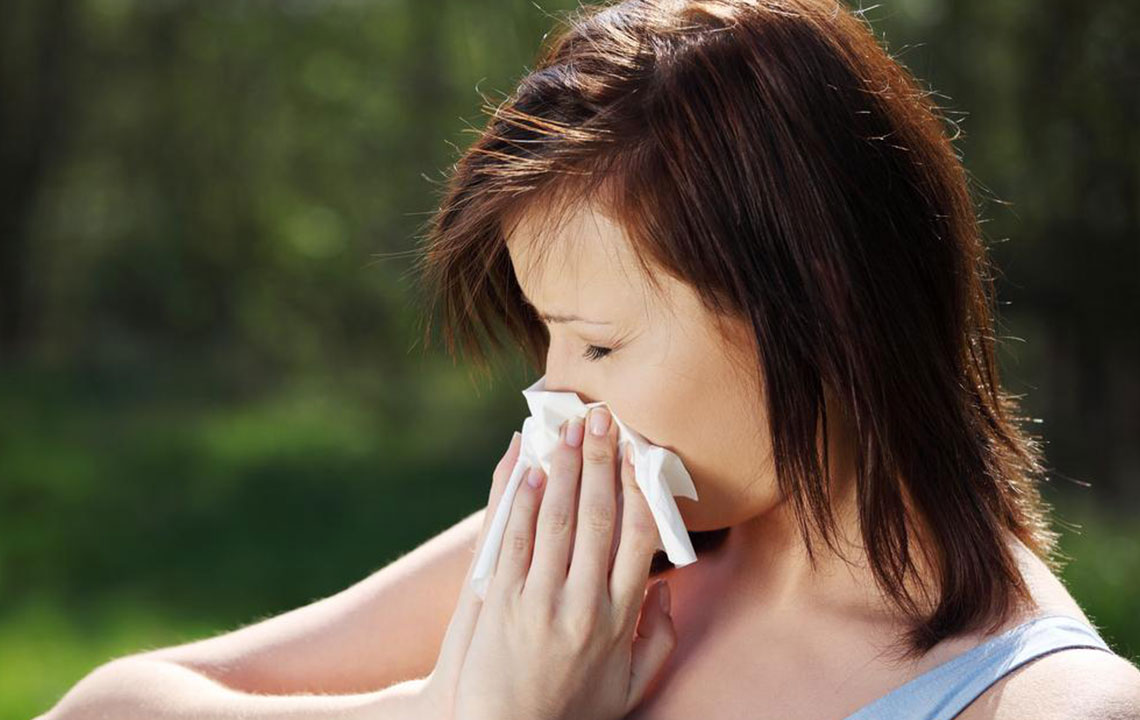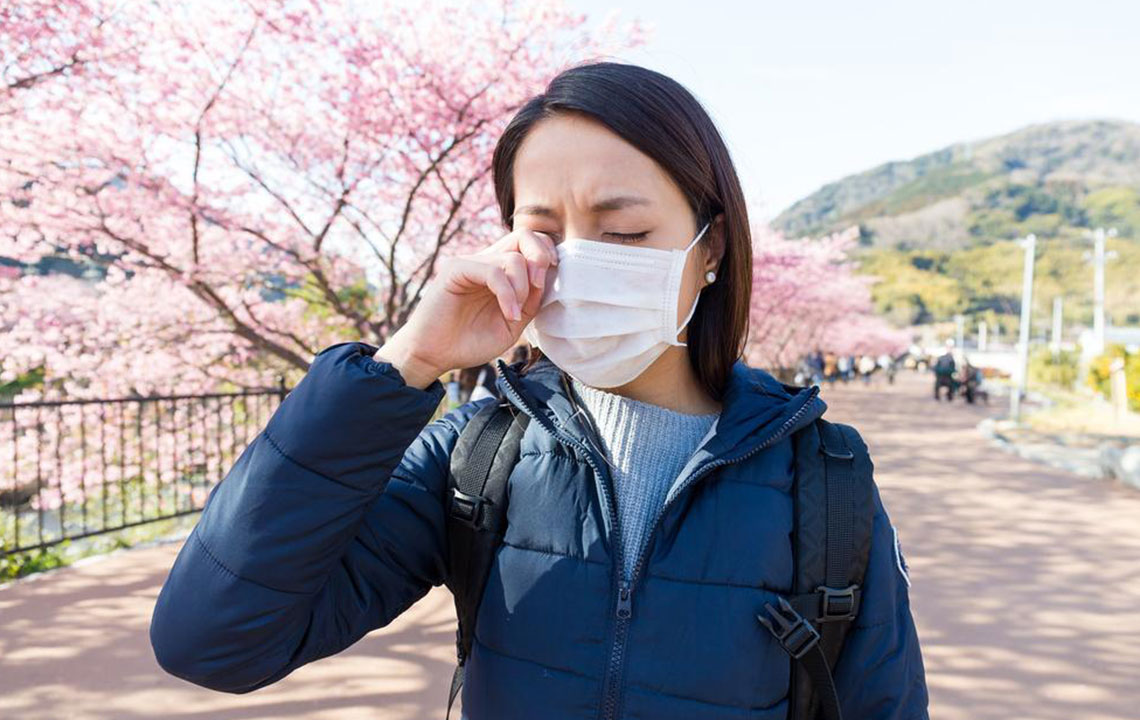Understanding Allergy-Induced Coughs: Symptoms and Effective Treatments
This article offers comprehensive insights into allergy-induced coughs, including common symptoms, triggers, and effective treatments. Learn how to distinguish allergy coughs from colds and flu, understand their causes, and explore remedies to relieve discomfort. Expert advice highlights the importance of consulting healthcare professionals for persistent symptoms and tailored management strategies, ensuring better relief and health maintenance.

Understanding Allergy-Induced Coughs: Symptoms and Effective Treatments
A cough is a reflex action triggered when irritants stimulate the lining of the throat, nose, voice box, or lungs. It serves as the body's way of clearing harmful substances. While occasional coughing is normal, persistent coughs lasting more than a week may indicate allergies or other health issues. If your cough is ongoing, consulting a healthcare professional is recommended. Allergic coughs often resemble those caused by infections, but their triggers and duration differ. Recognizing these signs helps in proper management and relief.
When experiencing allergy-related coughing, the symptoms often originate from exposure to specific allergens like pollen, pet dander, or dust. These triggers cause nerve endings in the respiratory system to send signals to the brain, prompting the cough reflex. Notably, allergy-induced coughs tend to last longer and worsen at night, differing from typical cold or flu coughs which usually subside within days.
Common allergy triggers include seasonal elements like pollen and mold spores, as well as year-round sources such as dust mites, pet dander, and indoor molds. These allergens cause postnasal drip, which leads to a watery mucus accumulation that irritates the throat and triggers coughing. Allergic coughs often intensify at night due to mucus settling in the throat. Individuals with asthma may experience additional symptoms like wheezing and chest tightness when exposed to allergens. Recognizing these patterns aids in effective treatment and prevention.
Allergy cough symptoms typically persist longer than viral coughs, which tend to resolve in a few days.
They are often seasonal but can also occur year-round depending on exposure.
Symptoms include itchy eyes, throat irritation, and dark circles under the eyes, alongside cough.
Common triggers encompass pollen, molds, dust mites, pet dander, and indoor fungi.
The cough results from postnasal drip caused by mucus production due to allergen irritation.
Nighttime coughing is more severe due to mucus drainage issues, especially when lying down.
In individuals with asthma, allergens may cause airway constriction, resulting in wheezing and chest discomfort.
Managing and Treating Allergy-Induced Coughs
Since allergy coughs are non-contagious, treatment focuses on reducing exposure and alleviating symptoms. Over-the-counter options include decongestants to dry up postnasal mucus, antihistamines to block allergic reactions, and nasal sprays to flush out mucus. Inhaling steam from hot showers can soothe nasal passages and prevent dryness. Saline nasal rinses with salt water also help clear mucus buildup. For persistent or severe symptoms, consulting an allergy specialist ensures appropriate medication and personalized management strategies.
Note:
Our website provides practical health information across various topics. While our articles are based on research and expert input, they should not replace professional medical advice. Always consult healthcare professionals for diagnosis and treatment plans. The content may not include all available offers or schemes, so explore additional options with your healthcare provider.










